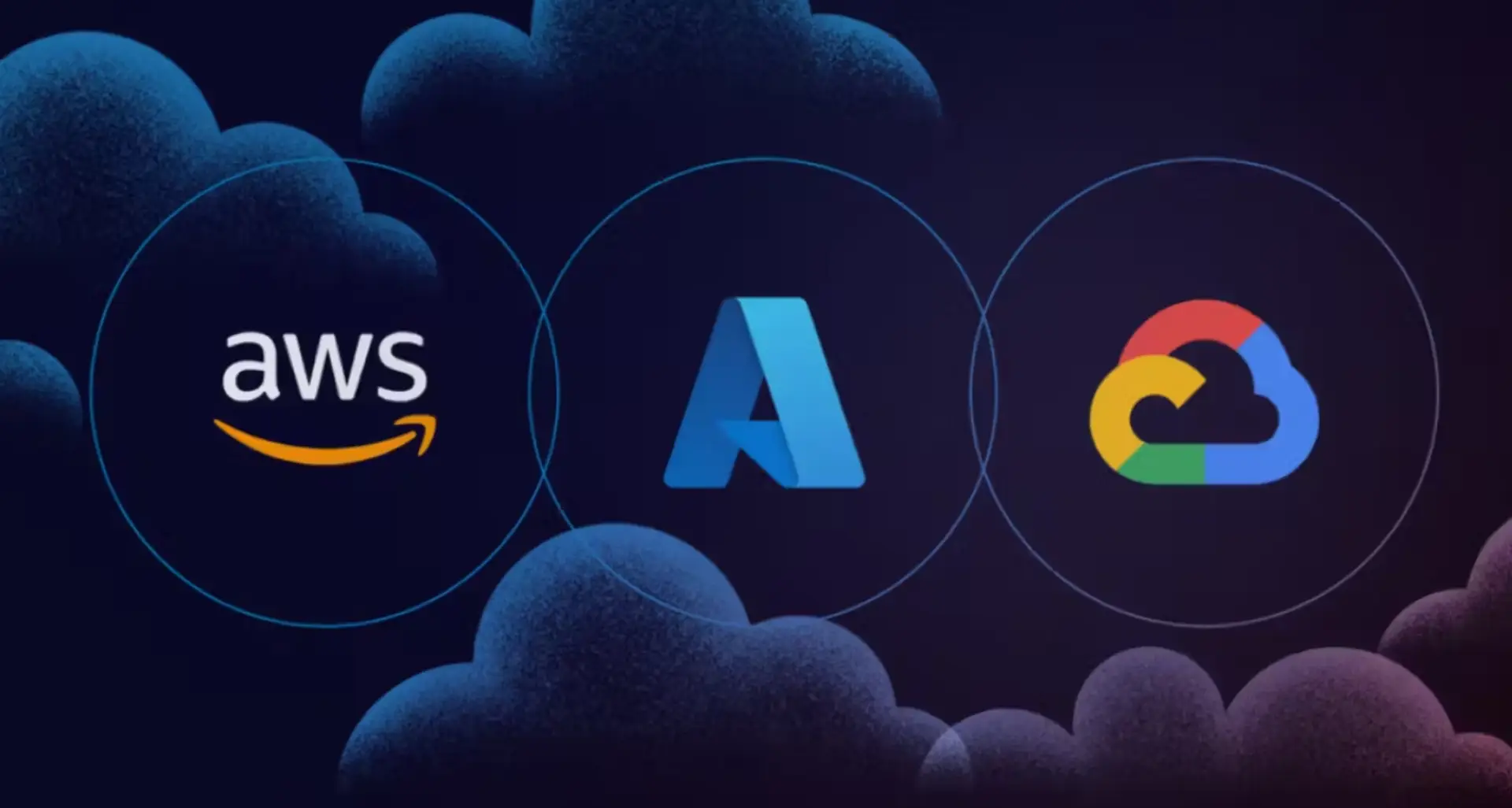

AWS vs Azure vs Google Cloud: Which One Should You Choose?
Introduction:
You need to know that Cloud computing is becoming the foundation of IT infrastructure in today’s digitally first world. Selecting the appropriate cloud platform is essential, or we can say mandatory, whether you’re a business owner looking to expand operations or an aspiring cloud professional. The three main competitors are Google Cloud Platform (GCP), Microsoft Azure, and Amazon Web Services (AWS). Each of these provides a distinct set of services, tools, use cases, and pricing structures. But which one ought you to pick? Many get confused when it comes to picking one.
Knowing the advantages and disadvantages of each platform can help you make an informed and the best choice if you intend to pursue a career in cloud computing or are currently enrolled in a cloud computing course in Delhi. Let us start now.
AWS: The Industry Leader
If we talk about AWS in the simplest terms, since establishing its services in 2006, Amazon Web Services (AWS) has been at the forefront of cloud computing. With more than 200 services, including compute, storage, databases, machine learning, and more, it has the biggest market share.
Advantages:
Global infrastructure and a wide range of services
Robust enterprise and community adoption
Use cases and lessons that are thoroughly documented
Cons:
Costs can be complicated.
Beginners’ learning curve is steeper
For those seeking a well-known platform with the most flexibility and worldwide scalability, AWS software is the best and the topmost option.
Microsoft Azure: Enterprises’ Smooth Integration
If we talk about Microsoft’s Azure in the simplest terms is a fierce rival to AWS and is particularly preferred by businesses and many of the new startups that already use Microsoft products like Windows Server, Office 365, and Active Directory.
Advantages:
Outstanding hybrid cloud capabilities
Connectivity to Microsoft tools
Strong in compliance and enterprise support
Cons:
AWS is more developed than some other services.
UI that is a little complicated for new users
For companies that prioritise enterprise integration and developers who are acquainted with .NET or other Microsoft technologies, Microsoft Azure is the preferred choice.
Google Cloud: Pioneer in AI and Innovation
About Google Cloud, you definitely need to know that, with features like BigQuery and TensorFlow that set it apart, Google Cloud is becoming more and more well-known for its innovation in data analytics and machine learning.
Advantages:
Top-notch AI and data services
An interface that is easy to use
Competitive rates
Cons:
Reduced market share in contrast to Azure and AWS
Reduced worldwide regions and services
For data scientists, researchers, and developers who are interested in AI, analytics, and open-source tools, Google Cloud is an excellent option. Know more about this in the Cloud Computing Training in Gurgaon.
Conclusion:
Overall, we can conclude that your decision will rely on your objectives if you wish to establish a strong foundation in cloud computing:
If you want the largest platform experience or are looking for a career in a wide range of firms, choose AWS.
If you want to work in corporate-type settings that mainly use Microsoft technologies, go with Microsoft Azure.
If innovation, AI/ML, or startup ventures are your main priorities, choose Google Cloud. Choosing a Cloud Computing Offline Course will be helpful to you in this case.
Regardless of the platform you use and choose for your business, practical experience is essential. To become prepared for the industry, enrol in a cloud computing course in Delhi.
Related Posts
© 2025 Invastor. All Rights Reserved

User Comments